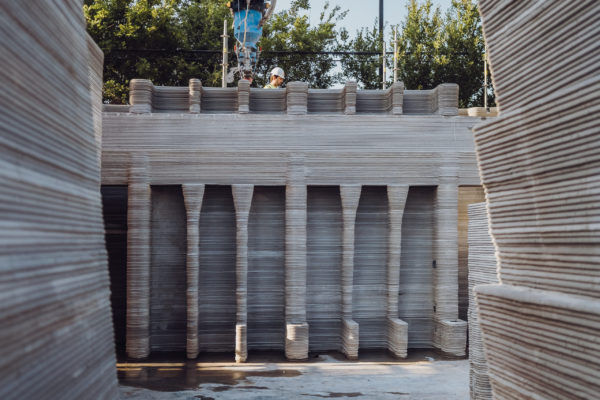 Implementing Value Engineering
Implementing Value Engineering
One of the benefits of employing Value Engineering is that is can be done at any part of the commercial construction process. While it would ideally be incorporated into the initial stages, it can be easily adapted to improve a project stage at any point. The design phase allows the architect or engineer to work with the client to come up with required features, functionality and proposed solutions. During the planning stage the general contractor and commercial developer come to an agreement on the expected project cost. The third stage of development is the construction phase when the building takes place and any proposed changes can be included that don’t affect the primary function and design of the structure.
Why Must All Projects be Value Engineered?
Value Engineering allows commercial developers the capability to obtain more value for their design, contracting and build-outs. This process not only helps provide advantages for the initial construction, but also add value on a longer term basis. The initial costs of building a structure only accounts for 11 percent of the overall building costs of its life cycle. While that number may seem small, if this capital allocation is done incorrectly it can significantly impact the lifespan and ongoing maintenance costs that building owners can experience.
Value Engineering provides great advantages to building owners and ultimately their tenants with a better quality structure. The objective of Value Engineering is not to cut costs or to lower standards, but to provide innovative approaches and help identify ways to improve dependability, functionality and performance. The process of Value Engineering can be applied in areas where a construction team typically experiences delays or excessive costs to help identify and alleviate the problem. The end result is a more efficient process that can reduce waste, rework and design modifications that can significantly increase a project budget and/or cause schedule delays.
The benefits of Value Engineering are numerous, but in summary they can assist construction projects by reducing expenses, minimizing waste, refining the project scope, increase stakeholder consensus and maintain budget allocations. The end result of the process adds more value to the building owner with more savings over the lifetime of a structure with enhanced functionality. A company well versed in the practice of Value Engineering can use it to finish a project on time and on budget for their clients.
CIVE and Value Engineering
Every one of our projects are implemented with our mantra in the forefront. “Any engineer can create a design, but true expertise lies in creating designs that would incur the least cost possible, without compromising integrity of the structure”. Design is as much a science as it is an art. CIVE combines the two in pursuit of excellence in Value Engineering into its systems.
Unlike most, CIVE identifies Value Engineering as not merely a tool to cut corners on projects, but to truly and effectively deliver engineering excellence by designing to the last inch, without overdesigning or jeopardizing integrity of the structure, that can put redundant budget pressures on projects.
CIVE’s ability to truly Value Engineer each of its project comes with experience and technical expertise which has saved its clients hundreds of thousands of dollars in investment capital over time.
CIVE continues to demonstrate its engineering expertise through its standing projects in varying sectors that act as a testament of CIVE’s commitment to Value Engineering.






